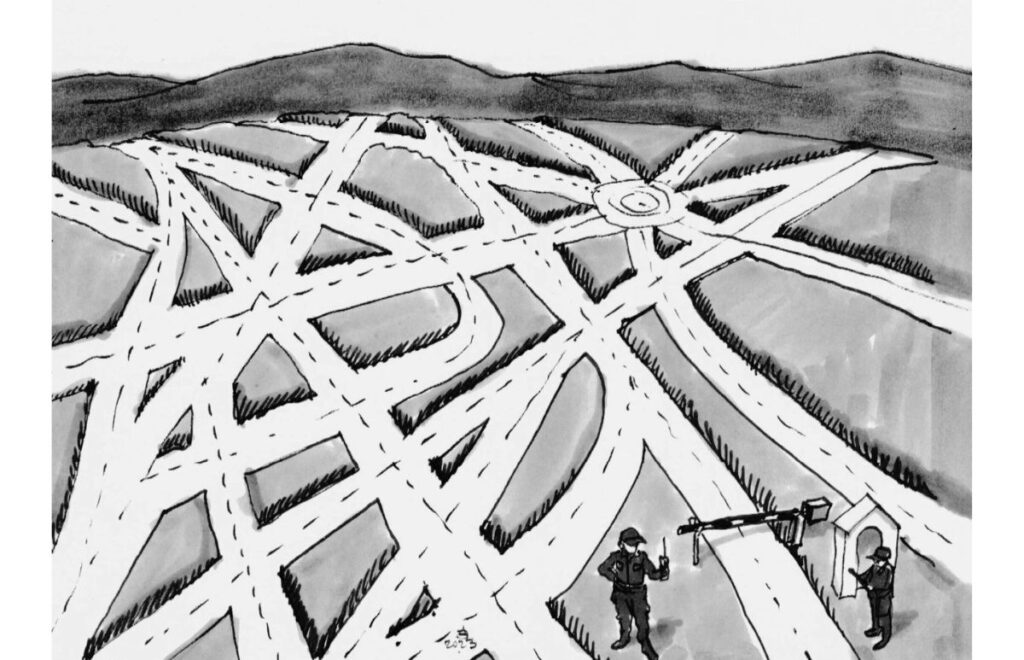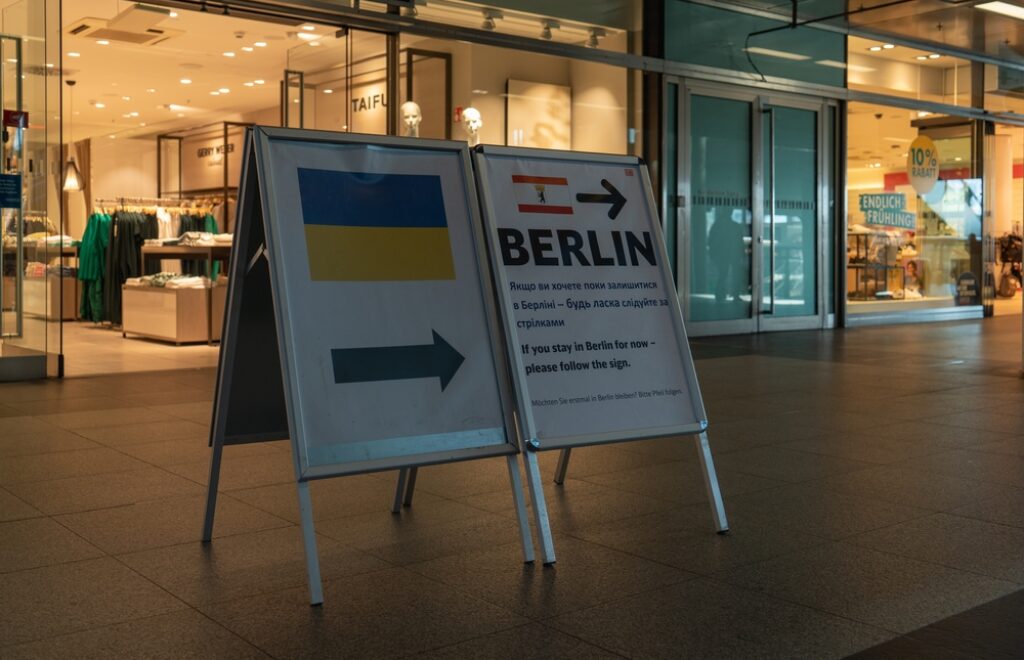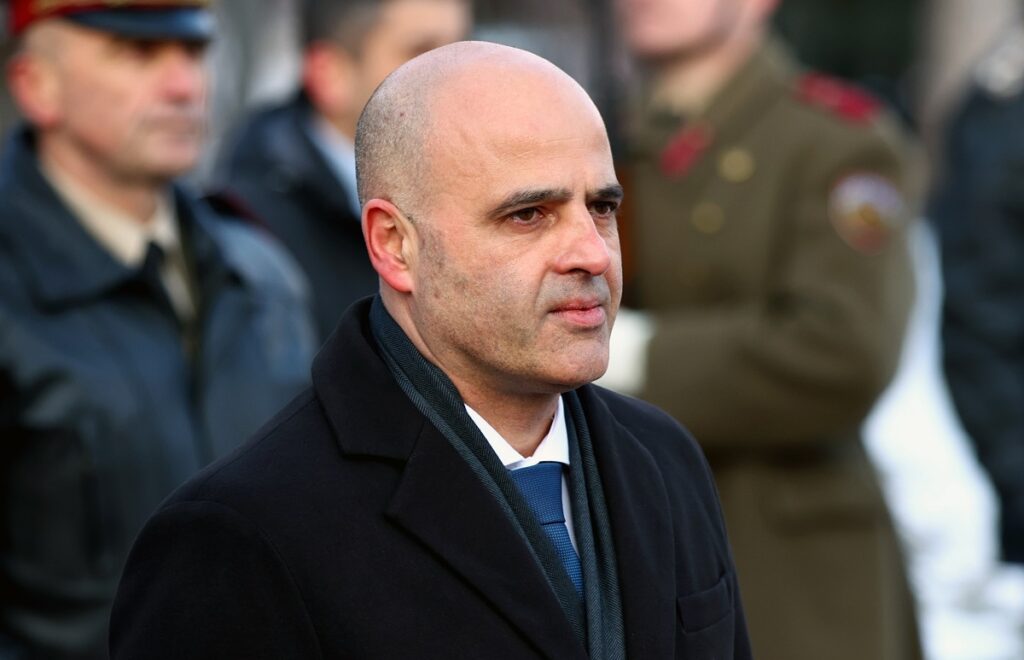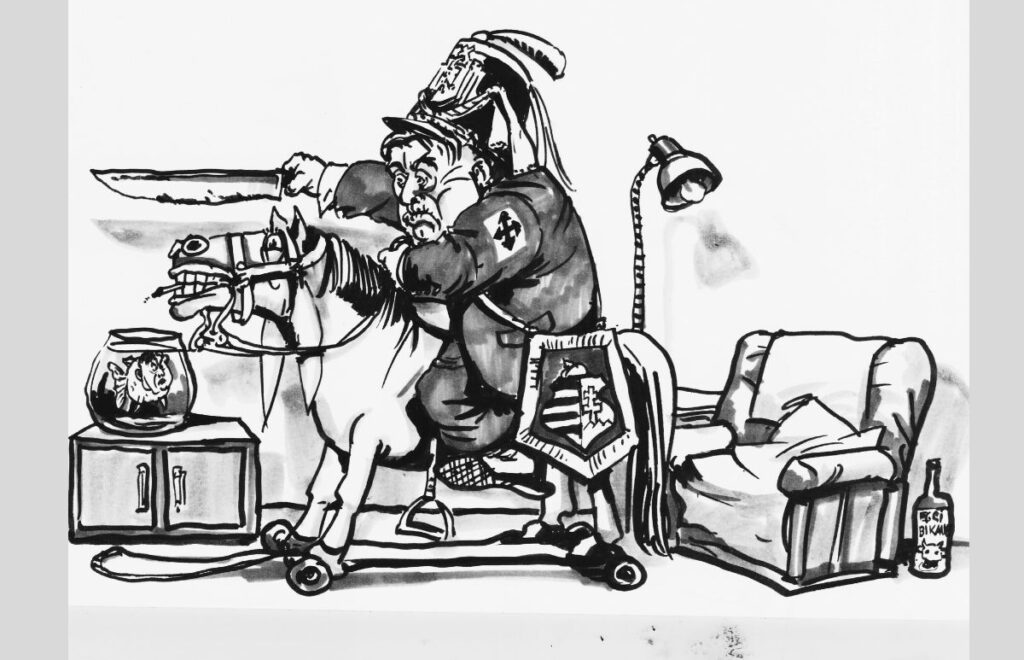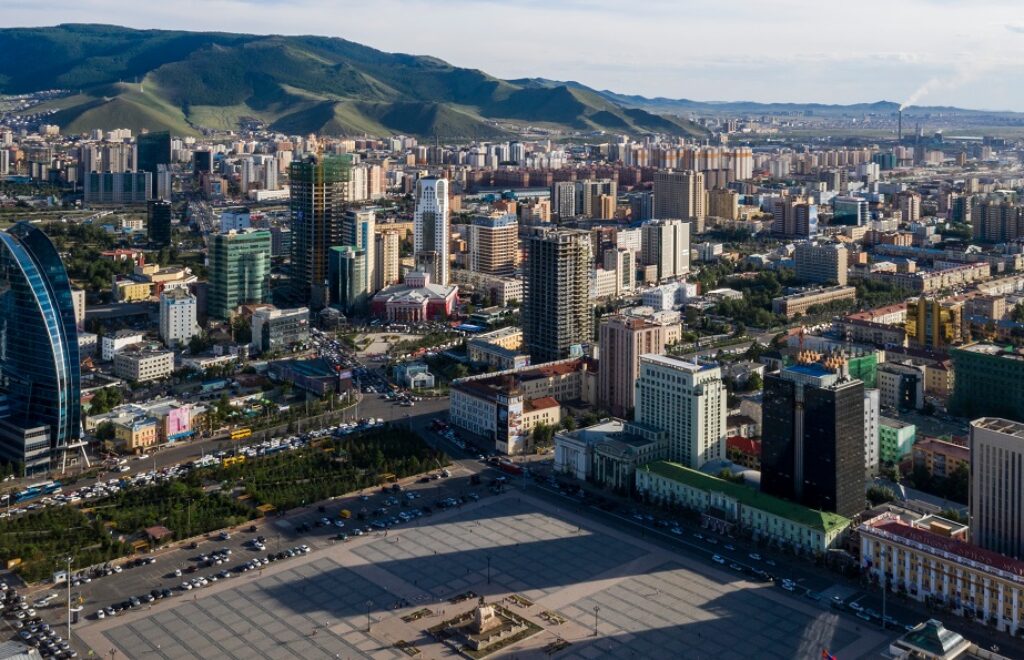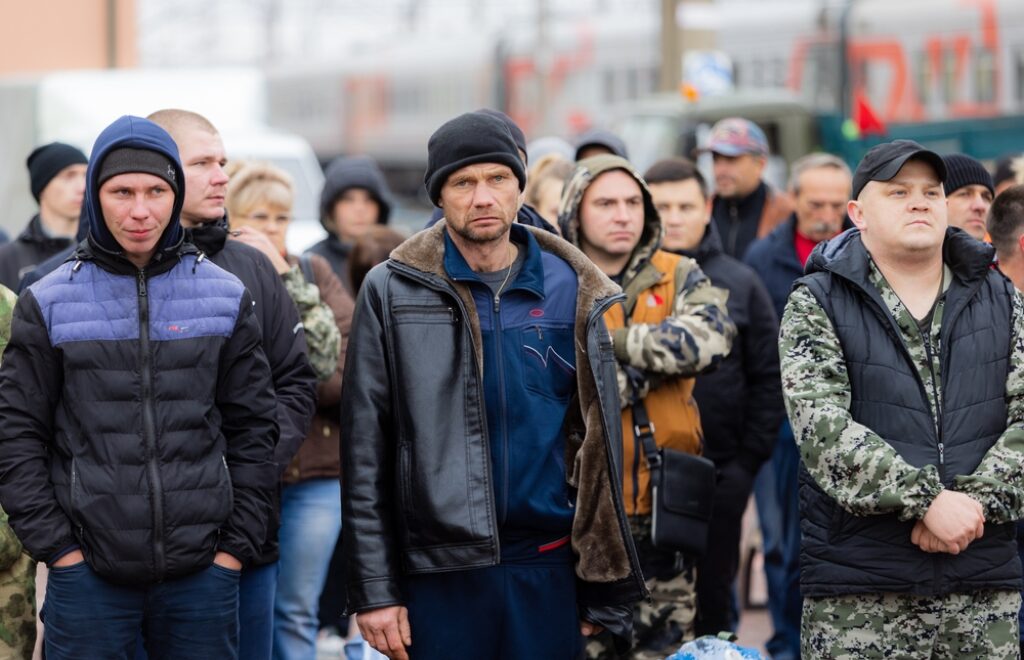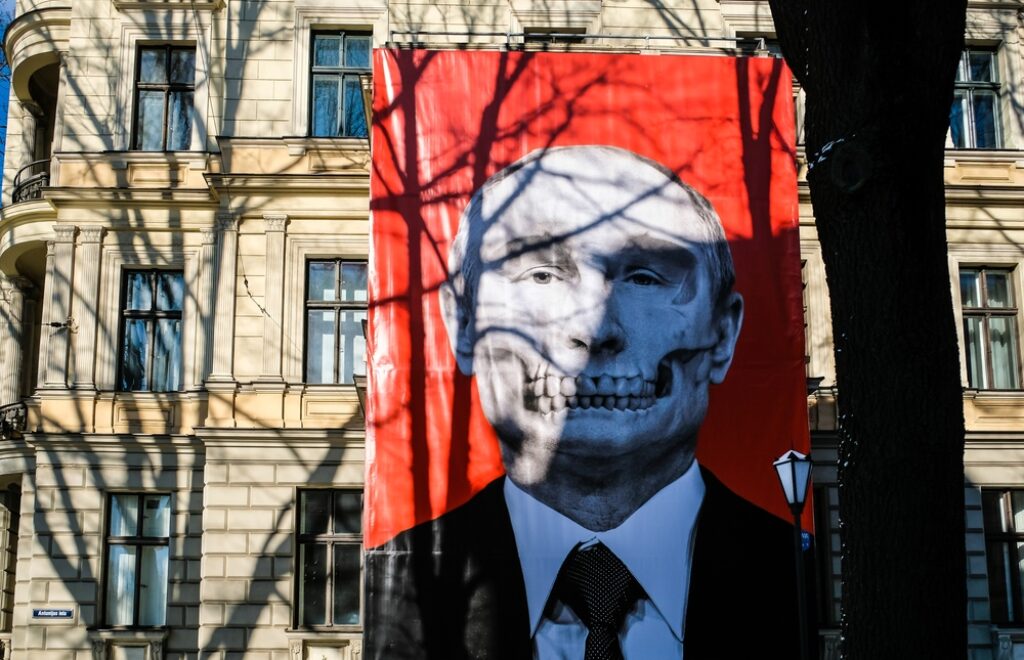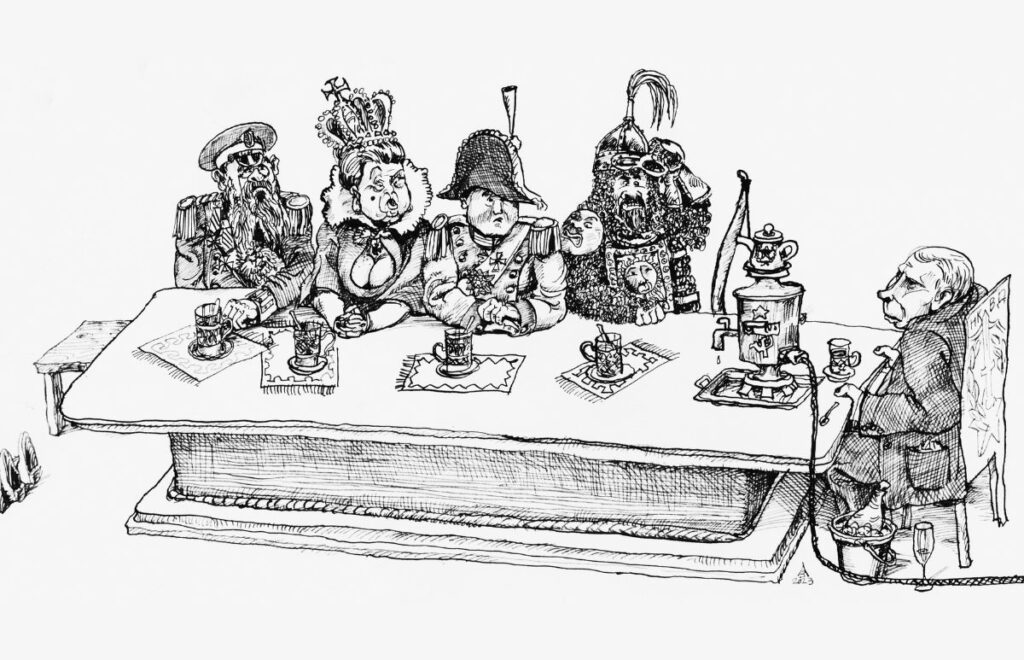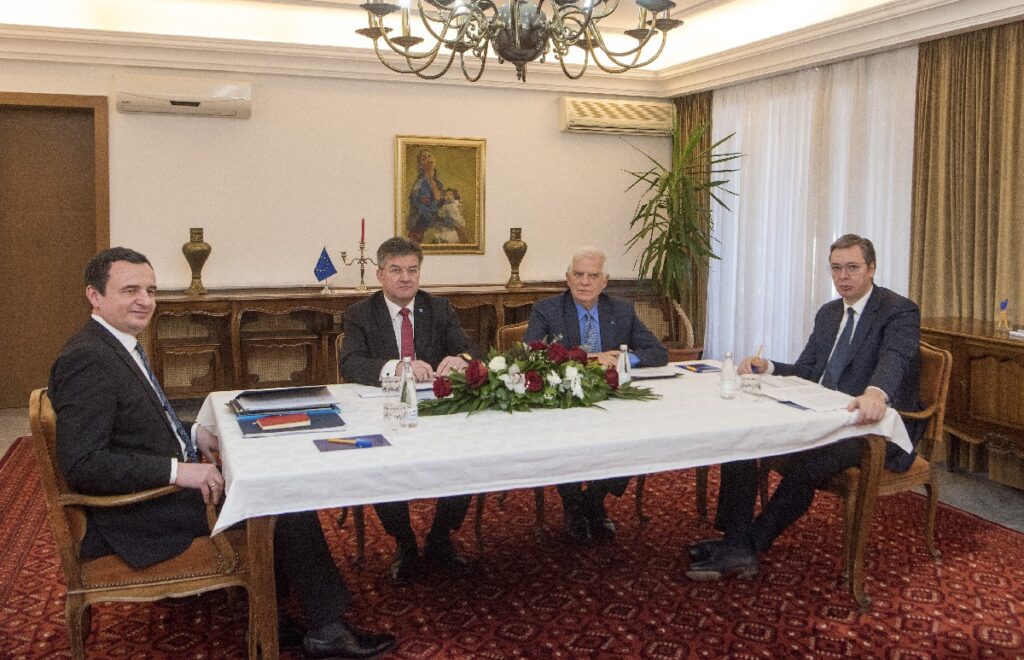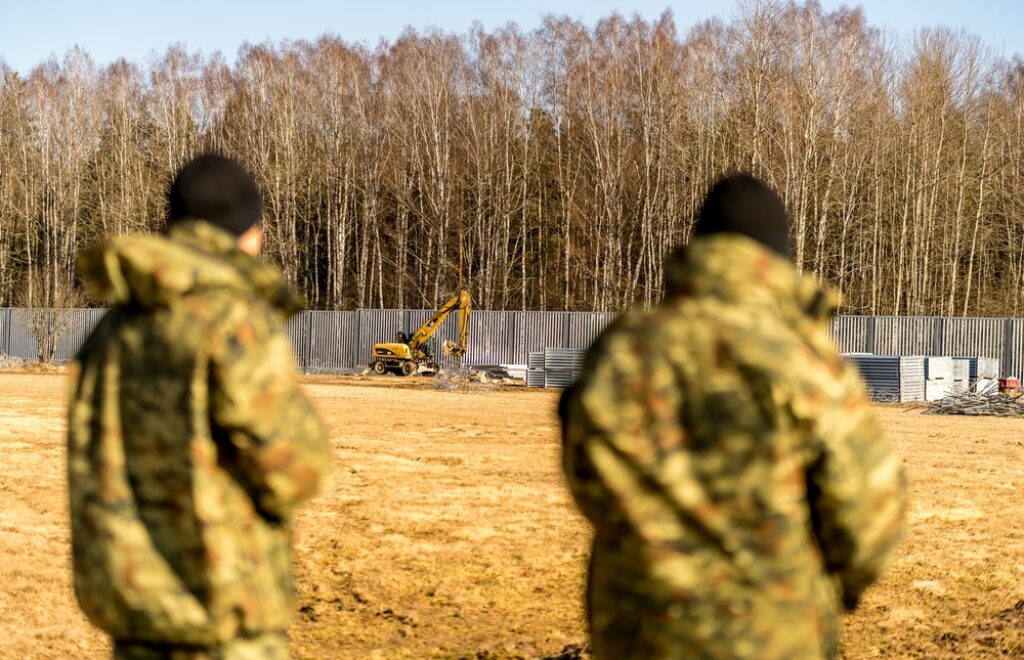The dream of sanctions stopping wars
When western countries adopted sanctions against Russia in response to Putin's war of aggression against Ukraine, western politicians promised nothing less than the complete breakdown of the Russian economy. The French Finance Minister Bruno Le Maire spoke of the “collapse” of the Russian economy, while US President Joe Biden said that “We will keep raising the economic cost and ratchet up the pain for [Vladimir] Putin and further increase Russia's economic isolation.”
July 4, 2023 - Svenja Petersen


